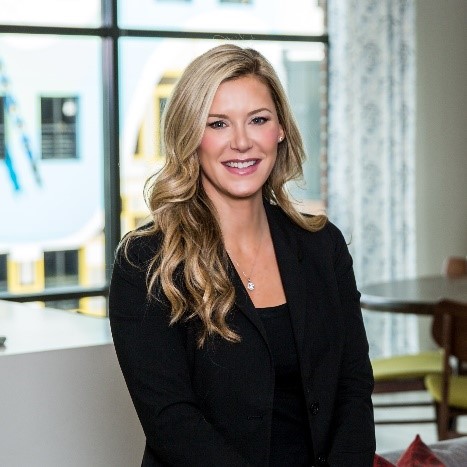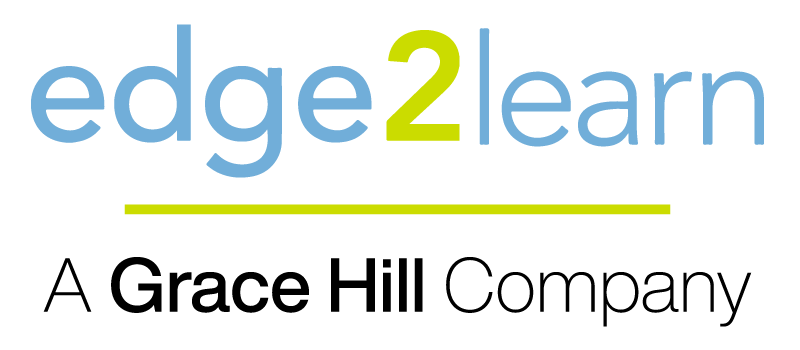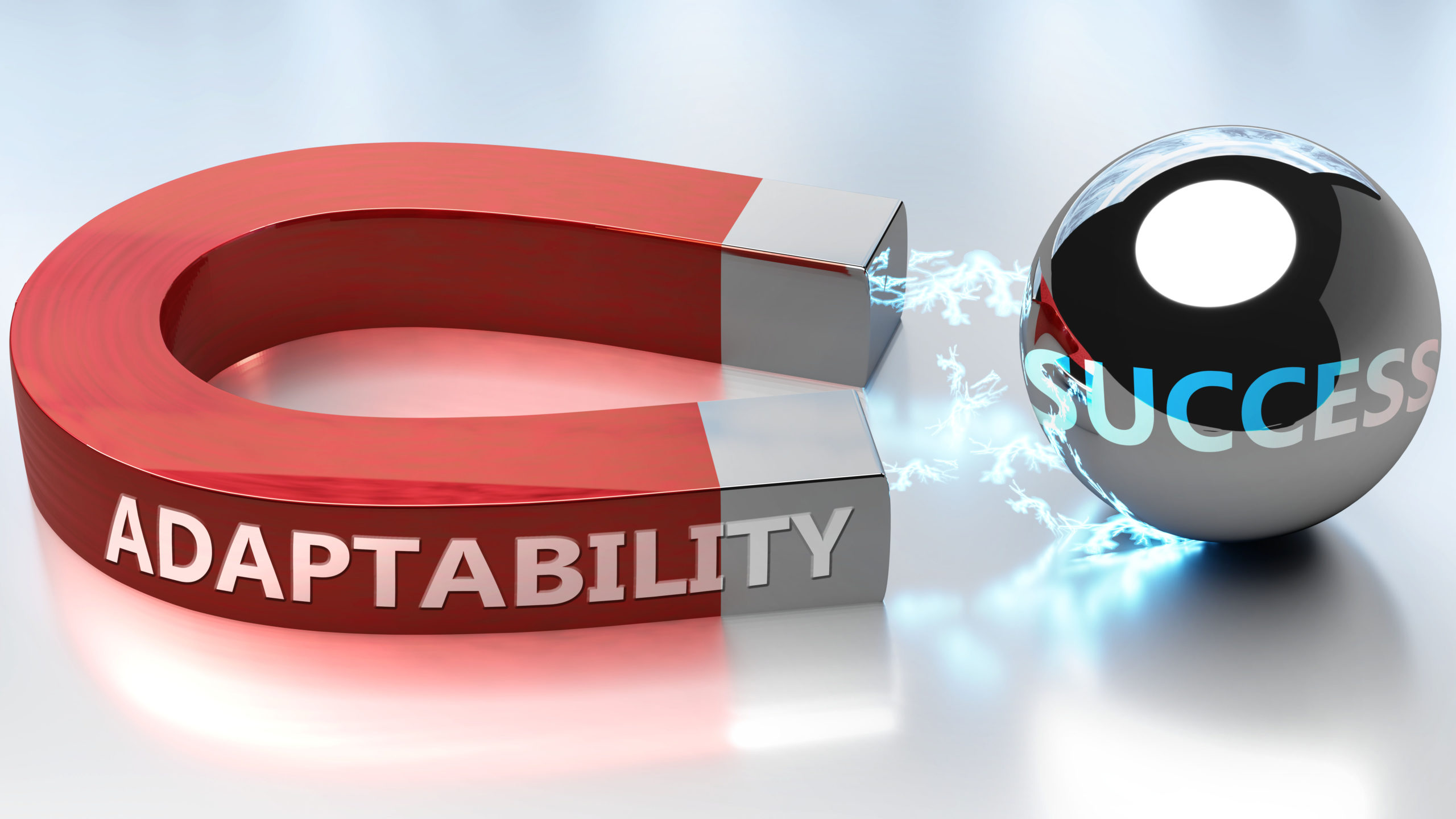Change has been a major theme in the multifamily industry over the past several months as we have all worked to adjust to virtual leasing and applying social distancing to on-site visits. The most important skill you can develop to successfully navigate these and other adjustments and really become a game changer is adaptability.
In the past, employers made hiring decisions that were largely influenced by the IQ of applicants over any other attribute. However, as the workplace has evolved, companies have learned that a person’s emotional intelligence (EQ) can actually be more important in terms of productivity and teamwork. Many employers will consider an applicant’s adaptability quotient as well. The adaptability quotient speaks to a person’s ability to adjust course and strategy in response to unanticipated changes as well as keeping up with a rapidly changing business environment.
A person with a high adaptability quotient will:
- Experiment
- See opportunity where others see failure
- Be resourceful
- Think ahead
- Avoid whining or complaining
- Talk themselves through situations
- Avoid blaming
- Remain humble
- Be curious
- Stay current
- Recognize systems
- Open their mind
- Know what they stand for
The ability to seek and find someone with great adaptability skills is essential when building a multifamily team. If you ask the right questions, you’ll be sure to find the right people. Some great examples of questions to ask are:
- How do you adjust to changes you have no control over? This will give you great insight into how they will operate in uncertain or evolving situations.
- If your coworkers had a “this is how we do it” attitude, how would you convince them to follow a different, more effective method of working? This will give you an idea of how someone may work within or lead a team.
- You have been working on a client’s project for a while when you are suddenly informed the project’s requirements have changed. What would you do? This will speak to the candidate’s ability to pivot and do what needs to be done to meet client demand.
- How do you re-adjust your schedule when your manager asks you to prepare a report within an hour? This is a great way to learn how someone handles time management and prioritizing tasks.
- Tell me about a time you had to learn how to use a new tool at work. How long did it take you to understand its features and use it daily? Technology is always changing, so this will give you not only a good idea of your candidate’s proficiency but also their willingness to adapt.
There are also some red flags to look out for which will let you know a person’s adaptability quotient may not be at the level you are looking for. Those include a person who give the impression:
- They are not open-minded
- They are afraid of the unknown
- They are not good team players
- They are nervous
- They are negative
As important as it is to build a strong team of people with a high adaptability quotient, it is equally important to develop your own adaptability so you can lead by example. Here are the top 10 tools to successfully cultivate adaptability:
- Redefine Your Motivation – Instead of doing things because you “have to”, find a motivation of your own.
- Observe and Learn – Use the people around you as a resource to expand your knowledge and skills.
- Ask Questions – Never reach a place where you stop asking questions. There is always more to learn.
- Prepare Alternative Solutions – Be willing to consider other paths and methods for getting the job done; be creative!
- Make Easy Transitions – Go with the flow; don’t fight change.
- Stay Calm and Confident – Keep in control of your attitude; make it a point to stay calm and make confident decisions instead of allowing yourself to become needlessly anxious.
- Acquire New Skills – Be proactive in seeking out learning new skills and gaining knowledge.
- Set Small Goals – When you find yourself feeling overwhelmed, break things down into smaller pieces so you can accomplish a little at a time. This will go a long way to help you maintain your calm.
- Find the Upside – Even in the most challenging situation, look to find the upside. This can help you look at a problem more objectively.
- Be Willing to Make Mistakes – The fear of taking risks can drastically prevent growth in your professional life. Step outside of your comfort zone for the chance of a great success, even if it means you make some mistakes on the way.
So how can you tell if you’ve made progress on increasing your adaptability quotient? Some solid indicators include the following:
- You think positive and stay calm under pressure.
- People respect you.
- Members of your team confide in you and ask for your advice.
Begin to apply these top 10 tools to successfully cultivate adaptability a little at a time to improve your own adaptability quotient, and you will notice it overflowing to the rest of your team and elevating everyone!
Click here to access additional COVID-19 Multifamily Training Resources
Read more like this from Edge2Learn

Contributed by:
Lize Rozier
Director of Training
RangeWater Real Estate
Lise joined RangeWater in 2011 as Director of Training and brings over 20 years of experience in residential and commercial real estate and property management. Lise has worked in almost every facet of real estate property management including new construction projects, rehab/renovation, single-family residential, and mixed-use developments and is a licensed Realtor®.
Edge2Learn is an eLearning company whose focus is the Property Management Industry and specializes in property management training and multifamily education. With over 30 years of experience and a commitment to increase industry excellence, we are passionate about engaging learners to maximize benefits for both companies and employees. Aligned with a well-respected industry leader, Ellis, Partners in Management Solutions, the Edge2Learn platform provides a turnkey solution for clearly identified needs and opportunities. We prepare learners to deliver a superior customer experience and also reduce corporate liability risks and overall employee turnover.



